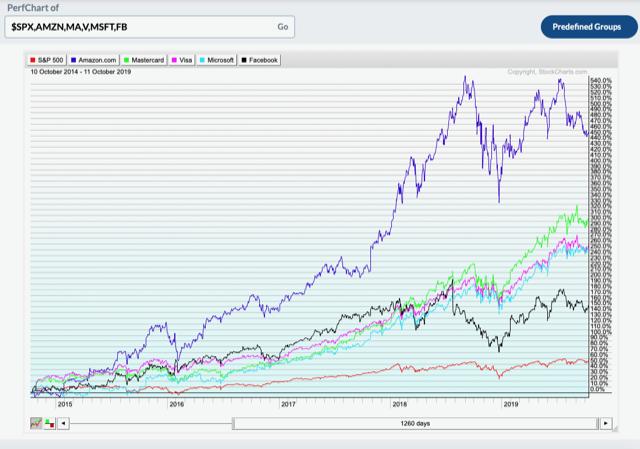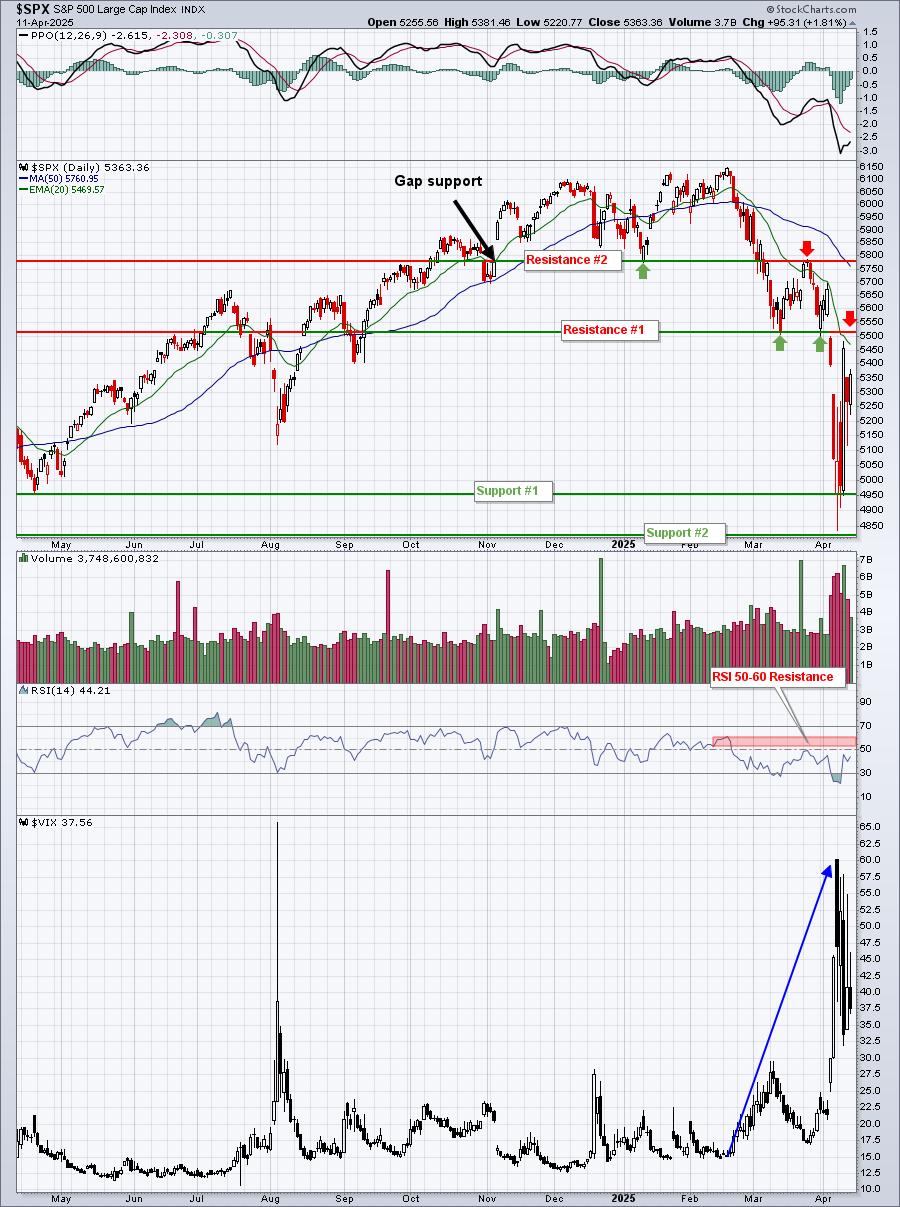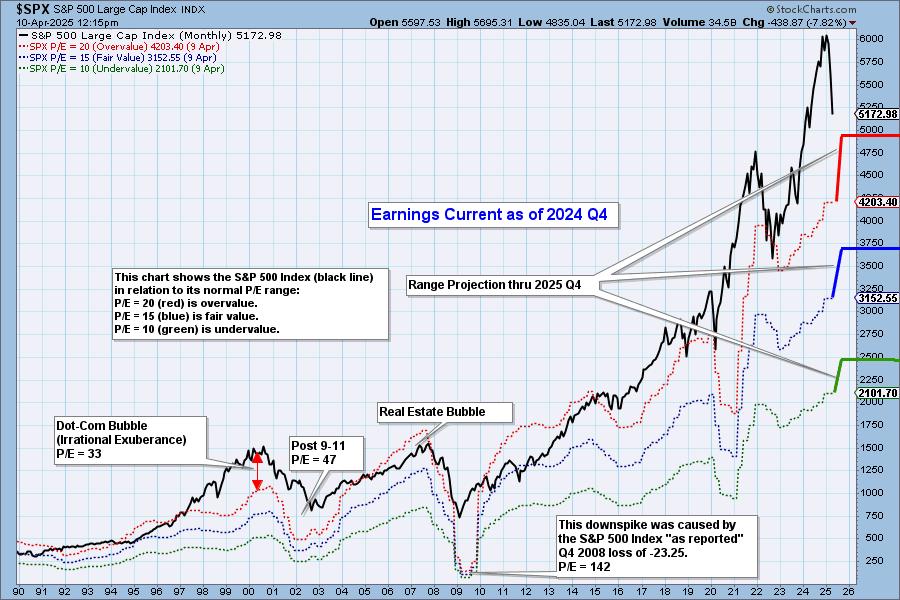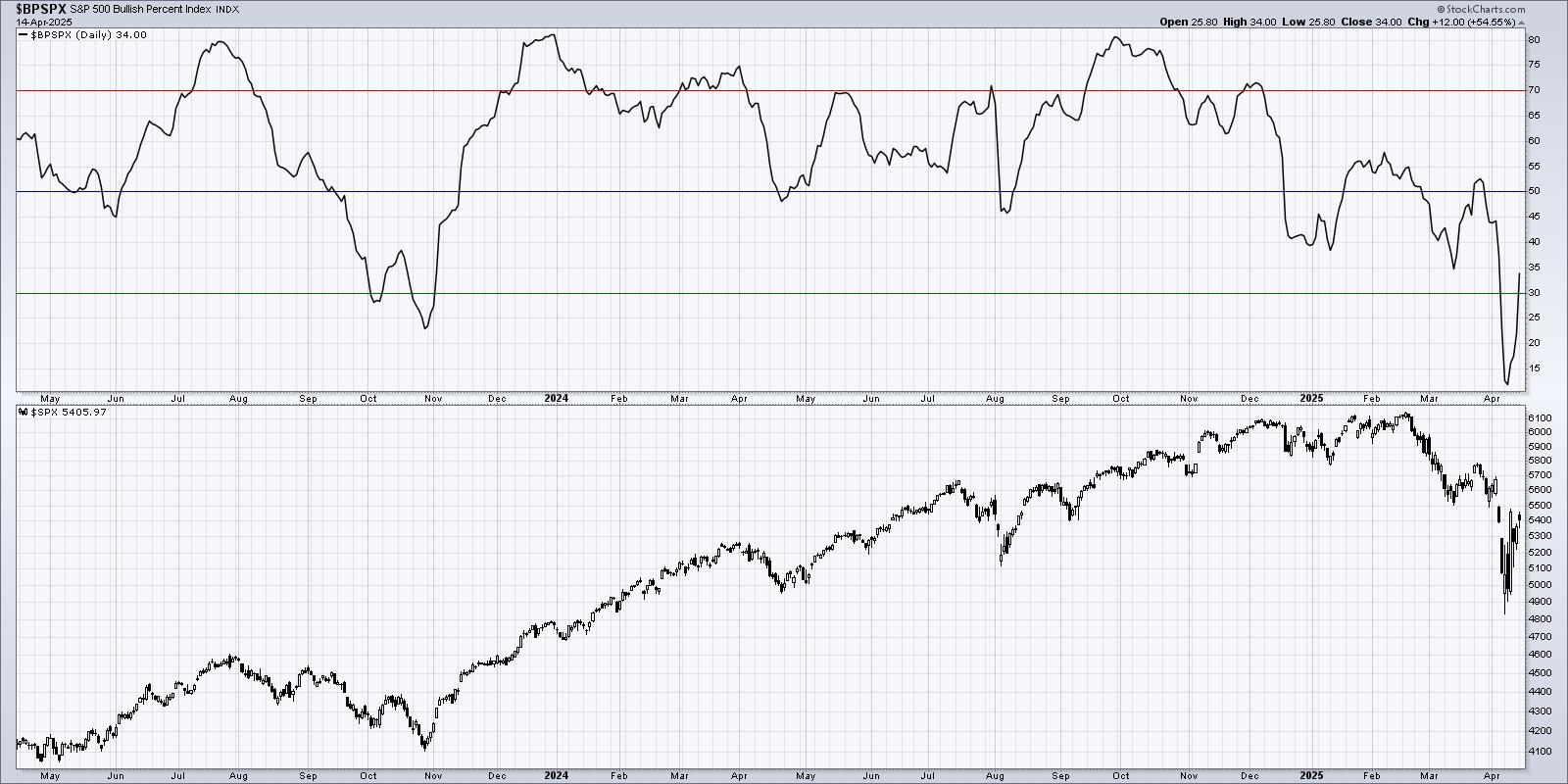
Yes, this is personal. I'll share my own portfolio experiences from the past 25 years. Feel free to embrace those elements that strike you as most appropriate to your investing style.
First, a few ground-floor definitions before I get specific on the five reasons that motivate me to buy individual stocks. When I refer to "funds", I mean either ETFs or mutual funds. When I say "stocks", I mean Large Cap USA Blue Chips.
Secondly, it's important that you understand the manner in which I've built my entire portfolio. My ten individual stocks occupy never more than ten percent of my total portfolio. These equities are what I refer to as my "Super Explore" allocation. Clearly, my objective here is to seek growth. This is also the ONLY asset class (Large Cap USA Blue Chips) where I trade individual stocks. My other 19 asset classes are all in ETFs and No-Load mutual funds — about 50% in each category.
From an asset allocation perspective, 10-20% of my portfolio is in what John Bogle described as "Explore". Here, I'm still oriented towards growth, but less aggressive in its pursuit (for example, I own the T. Rowe Price Communications Fund PRMTX). The balance of my asset allocation and the majority of my portfolio is invested in "Core" holdings. The objective here is asset protection. To this end, I own indexes such as VTI and mutual funds such as the T. Rowe Price Capital Appreciation Fund PRWCX.
The last caveat should be self-evident, nevertheless — I'll point it out. My trading methodologies and sell disciplines are unique to the ticker I'm trading. Stock trading is very different than mutual fund investing. Our book, Tensile Trading, goes into great detail on these specific methodologies.
Lastly, without getting overly melodramatic, let me get on my soapbox about this topic. Your investing methodologies must be unique to you. They are very personal and must be written down. The metaphor I'll use is the equivalent of investing in proper protective clothing for beekeepers. Wearing appropriate beekeeping armor will protect you, shield you and make you comfortable and confident when working with the beehive and bees. Your investment methodology should be much the same. If you visit the hives in a random hat, plain gloves and jeans — thinking that's good enough — you'll get badly stung. No doubt about it.
Similarly, a quick methodology doesn't work either. Without a carefully formulated methodology, you'll be hesitant and fearful — leading to financial losses. But onward, as promised, here are my 5 personal motivations for buying individual stocks.
#1 – Customized Ownership
As a former entrepreneur, I like to own something. Not a basket of equities, but a company I admire and want to follow. A company where the corporate culture is appropriate to my sensibilities, the management is respected and an attractive growth potential exists. All the better if it's a hometown-headquartered entity such as Amazon or Microsoft. Afterall, the cocktail party crowd doesn't want to discuss mutual funds. — instead, they want to know what stocks I'm buying. One admonition here. Don't fall in love with your ticker. Emotional ownership can negatively challenge your sell disciplines. Never fall in love — with an individual stock, that is!
#2 – Returns
Below is a PerfChart of five of my positions versus the S&P 500 Index over the past five years. It speaks for itself. In addition, I believe we individual investors have a significant advantage here over fund managers. We are in canoes, able to maneuver in and out quickly. Funds are battleships with a huge turning radius.
- S&P 500 ($SPX): +56%
- Amazon: +456%
- Mastercard: +304%
- Visa: +257%
- Microsoft: +254%
- Facebook: +152%

#3 – More Predictability
Some of you may gasp here. Remember, I'm talking about Blue Chips and not Biotechs or Baidu. I maintain a laser focus on earnings for my stocks. I only hold ten positions. I have liquidity as an individual investor. I have my sell disciplines in place. I've calculated my risk-reward equation for my specific stocks. This growth-focused asset class has been very very good to me over the past 25 years.
#4 – High-leveraged Analysis
My technical analysis toolkit has worked really well for individual stocks because, for example, the on-balance volume data is pure. Funds have far more "noise". Over the years, I've found that my sell disciplines, tools and routines are far more accurate with stocks than funds.
#5 – Tax Consequences
I have more control with stocks. Funds pay out distributions with short term and long term capital gains, as well as charging me fees — all of which I have very little control over. And I take taxes seriously.
So there you have it...
Your reasons might be different than mine, but I suspect there is a place for stocks in your portfolio. Don't forget this: your highest leverage activity is asset allocation, not stock selection — as hard as that is to believe for many of you. Your first priority is to keep analyzing your total portfolio ecosystem and your allocations to each of your asset classes.
Trade well; trade with discipline!
- Gatis Roze, MBA, CMT
- Author, Tensile Trading: The 10 Essential Stages of Stock Market Mastery (Wiley, 2016)
- Presenter of the best-selling Tensile Trading DVD seminar
- Presenter of the How to Master Your Asset Allocation Profile DVD seminar
- Developer of the StockCharts.com Tensile Trading ChartPack
Trade well; trade with discipline!
Gatis Roze, MBA, CMT
- Author, "Tensile Trading: The 10 Essential Stages of Stock Market Mastery" (Wiley, 2016)
- Developer of the "Stock Market Mastery" ChartPack for StockCharts members
- Presenter of the best-selling "Tensile Trading" DVD seminar
- Presenter of the "How to Master Your Asset Allocation Profile DVD" seminar






